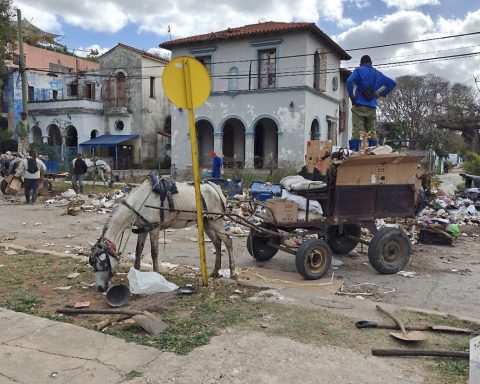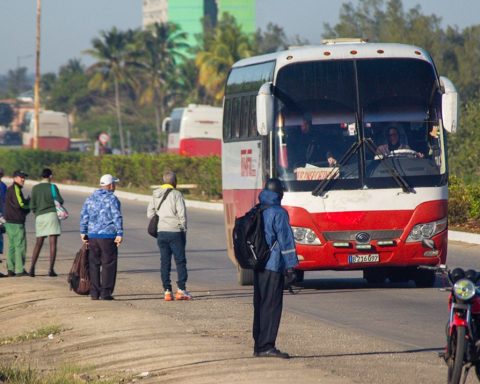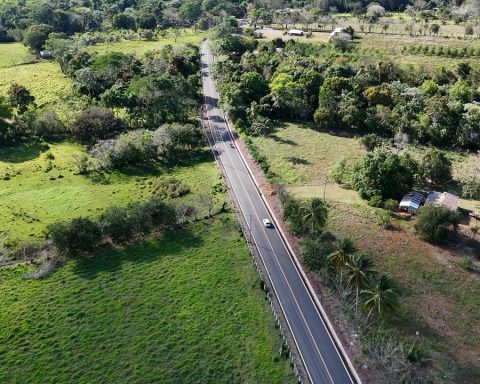AREQUIPA, Peru – The number of Cubans who chose Brazil as a migration destination increased during 2024. Between January and November alone, at least 19,100 citizens of the Island sought refuge in the South American country.
A report from the local media Folha de Sao Paulo points out that when requesting refuge in Brazil, migrants receive a temporary protocol until their cases are examined, a process that could take up to years.
However, the Brazilian authorities deliver a document after applications are made that allow Cubans to work and access the public health network.
The statistic, which does not yet count December, already far exceeds the most recent figures. In 2023, Cuban migration amounted to 13,100. In 2022, when migratory flows grew again after the pandemic, there were 7,600. It also exceeds the flow of the Más Médicos program, as in 2013, when 5,200 Cubans emigrated.
In November alone, some 2,700 migrants from the Island requested refuge in Brazil. The figure exceeds that of Venezuelans in the same period, who submitted 2,200 applications that month.
As a migratory route, more than half of the Cubans who enter the South American country do so through the states of Amapá and Roraima, after crossing Suriname and Guyana, countries bordering northern Brazil.
“It is an ordeal: they save money on the Island, they buy tickets on small airlines that make money from the diaspora to the capital of Suriname, Paramaribo, or the capital of Guyana, Georgetown. In the case of those who enter through Suriname, they face one more challenge: crossing all of French Guiana, by land and boat, and reaching Oiapoque,” the media outlet points out..
However, not all Cubans have their final destination in Brazil. In recent years, the country has become a bridge to continue traveling to other destinations, such as Uruguay and Chile, in South America, or to begin the journey to the United States.
Since 2021, Cuba has experienced a migratory exodus that has surpassed previous waves such as the Raftsmen Crisis in 1994 and the Mariel exodus in 1980, which reflects the deep economic and social crisis facing the Island. It is estimated that at least half a million Cubans have emigrated in the last four years.
















